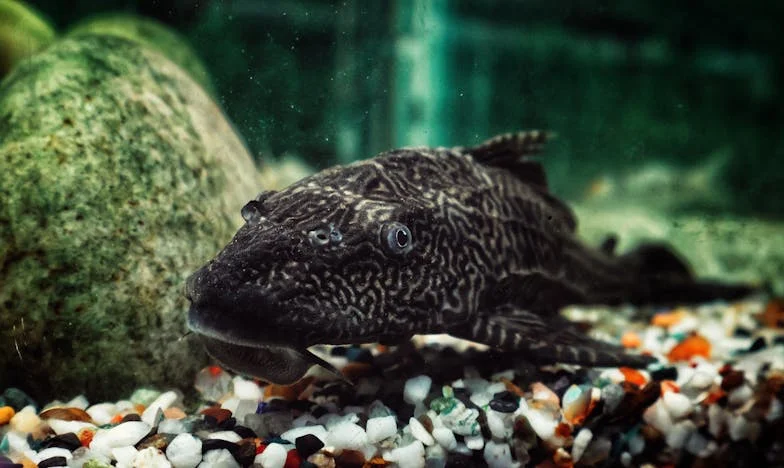The Day I Fell, the Day I Rose: Choosing Myself After Years of Betrayal
“How could you?” The words tumbled from my lips before I could stop them, my voice raw and trembling. My husband, Eric, stood in the doorway, his face shadowed by the lamplight, arms crossed, defensive. I could barely breathe, not just from the pain in my leg but from the ache in my heart.
I never wanted to be the woman who looked away. But I became her—out of fear, out of hope, out of the desperate wish that my silence would keep our family together. For years, I’d told myself that the lipstick stains, the late-night texts, the unfamiliar perfume on his shirts—they were nothing. I hid behind PTA meetings, soccer games, and family dinners, convincing myself my children, Chloe and Ben, needed a whole family, no matter how fractured it was behind closed doors.
But last Tuesday, everything changed. I’d been running late, as usual, juggling groceries and my phone, when my heel caught the curb. The world spun, and I hit the pavement hard. The pain shot up my leg like a wildfire. Strangers helped me, and I was taken to the hospital. A fractured tibia, they said. Surgery, then weeks—maybe months—of recovery at home.
That’s when the walls began to close in. The façade I’d built for years crumbled with every passing day I spent bedridden. The first night home, Eric hovered at the edge of the room, scrolling through his phone, barely glancing at me. “Need anything?” he muttered. I shook my head, fighting tears. I wanted to scream, to beg him to sit with me, to ask how I really was. Instead, he left, and I was alone with my thoughts and the dull ache of abandonment.
My mom called every morning. “Do you want me to come stay?” she’d ask, worry thick in her voice. I always said no. I still wanted to believe Eric would step up. That he’d remember the woman he married beneath the white gazebo in my parents’ backyard, the vows we’d written ourselves. But the truth was, I’d been invisible to him for years.
The kids noticed. Chloe, thirteen and sharp-eyed, started doing the dishes without being asked. Ben, only nine, would bring me water and try not to look too worried. I saw the questions in their eyes, the uncertainty. “Where’s Dad?” Ben asked one night, sitting at the foot of my bed. “He’s working late,” I lied, hating myself for it. Even as I said it, I wondered if I was protecting them, or just protecting myself from the truth I didn’t want to face.
The real reckoning came on a Wednesday. I woke to the sound of laughter in the hallway—Eric’s, low and nervous, and a woman’s, high and unfamiliar. Before I could call out, the voices faded. My heart hammered in my chest. Later, the kids told me, “Dad’s friend came by. They said they had to talk about work.”
I waited until Eric came to check on me. “Who was here?” I asked quietly. He flinched, but didn’t answer. I noticed a new cologne on his shirt, one I hadn’t smelled before.
That night, after everyone was asleep, I scrolled through old photos on my phone. Birthdays, holidays, the trip to the Grand Canyon. In every picture, I saw the woman I used to be—smiling, hopeful, holding on. I saw Eric, too—sometimes with his arm around me, but always with his eyes somewhere else.
It hit me then—the loneliness hadn’t started with the accident. It had been growing like mold in the corners of my life for years. I had been so afraid that leaving would break my children, but I realized staying was breaking me. What would they learn from a mother who swallowed her pain, who taught them to accept less than they deserved?
The next morning, I called my mom and asked her to come. She arrived in the afternoon, suitcase in hand, her arms wide open. She made soup, held my hand, and listened as I cried. “You don’t have to do this alone,” she said softly. “You never did.”
Eric came home late that night. I waited for him in the living room, my cast propped up on the ottoman. “We need to talk,” I said, my voice steadier than I felt.
He sighed, running a hand through his hair. “If this is about the other day—”
“It’s about everything,” I interrupted. “I know. I’ve always known. I just pretended not to. But I can’t pretend anymore. I won’t.”
His face hardened. “So what? You want a divorce?”
I swallowed, my mouth dry. “I want a life that’s real. For me, and for the kids. I want you to be honest, at least once.”
He didn’t answer. He just stared at me, then turned and walked away. The door slammed behind him. I flinched, but I didn’t cry. Not this time.
The days that followed were messy and hard. There were lawyers, questions from the kids, tears and angry words. But there was also relief—a lightness I hadn’t felt in years. My mom stayed. Chloe and Ben clung to me, but we started to heal together. We talked honestly for the first time. We made new routines. I learned to ask for help, to accept love that was given freely.
Some nights, when the house is quiet and I can hear the distant hum of the highway, I still wonder if I did the right thing. But then I see the way Chloe smiles now, the way Ben laughs, the way I can breathe without that crushing weight on my chest, and I know I did.
Was it worth all those years of pretending, just to keep up the image of a perfect family? Or is it braver to choose the truth, no matter how painful it is? What would you have done if you were in my place?
